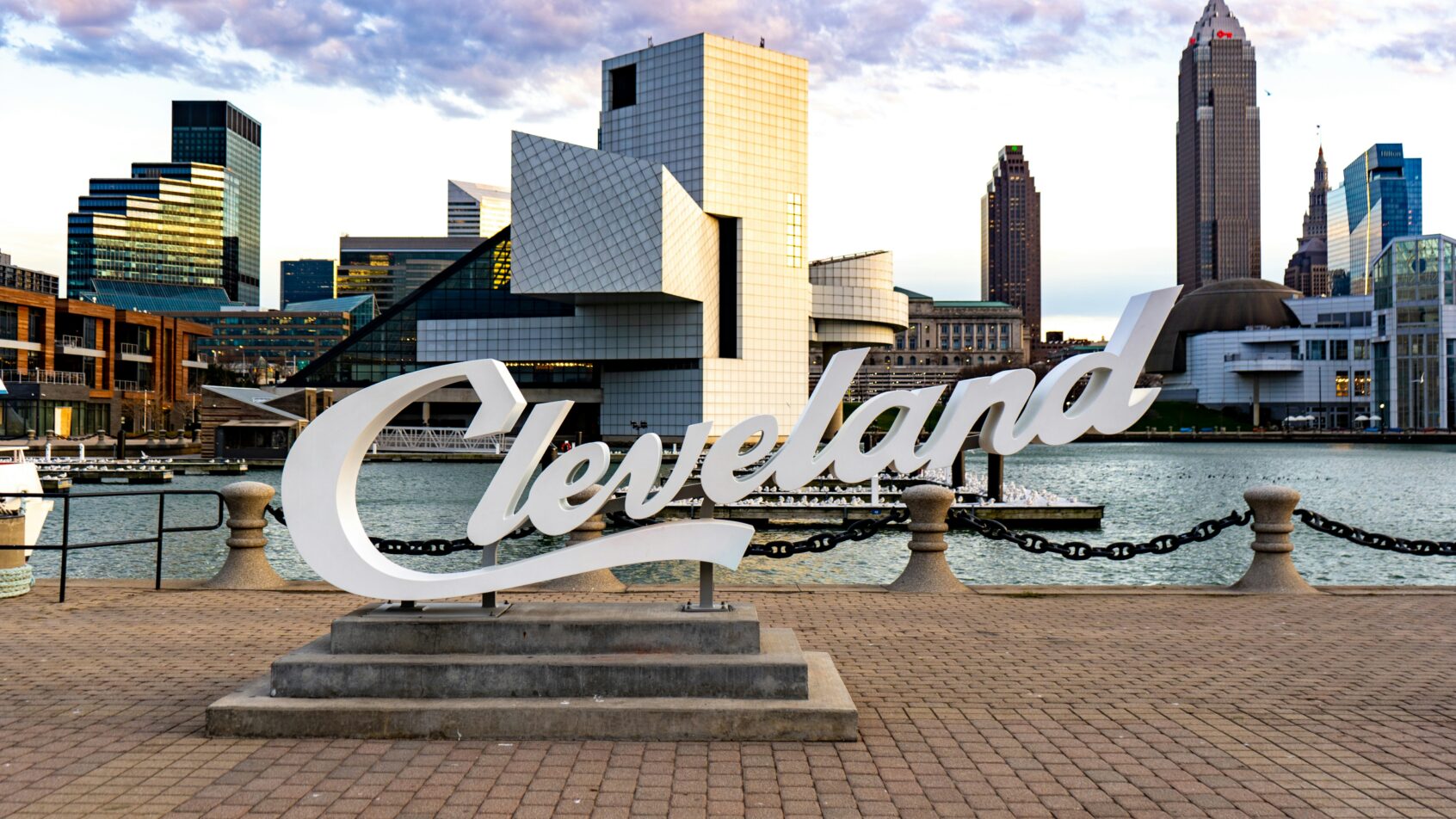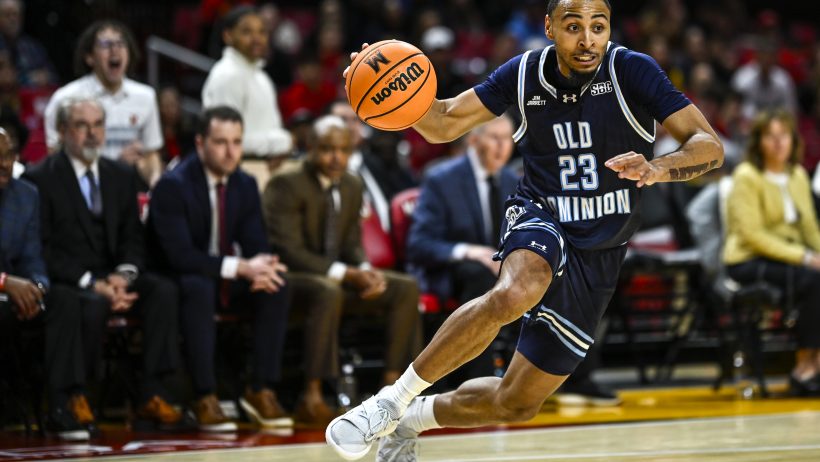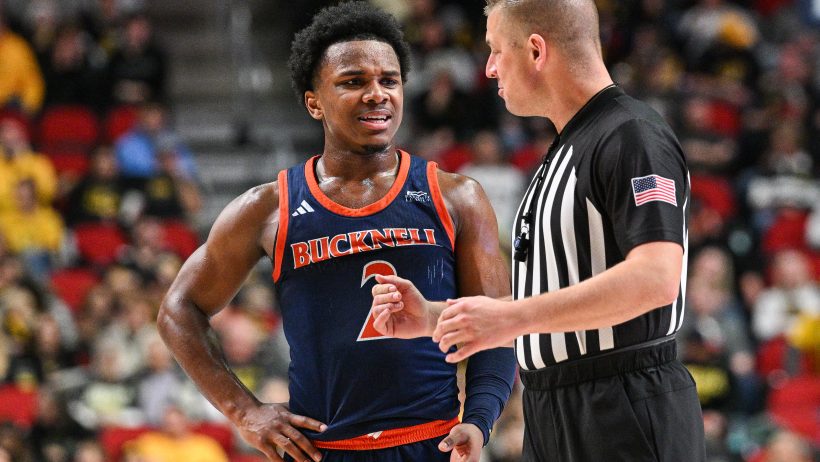New Ohio iGaming Bills Drops in Senate
By Robert Linnehan in Online Casino
Updated: May 15, 2025 at 1:46 pm EDTPublished:

- Sen. Nathan Manning (R-13) introduced a new iGaming bill for the Buckeye State
- The bill includes a $50 million licensing fee and tax rate of 36% to 40%
- Another iGaming bill will likely be introduced soon
A new Ohio iGaming bill has dropped in the Senate as lawmakers from the Buckeye State focus on new ways to increase gaming revenues.
Sen. Nathan Manning (R-13) introduced SB 197, a bill to legalize online casino in the state for licensed operators. The bill includes a hefty price tag for iGaming license and one of the highest proposed tax rates for states in the country.
It’s the latest piece of legislation to raise Ohio gaming revenues, following a failed attempt from Gov. Mike DeWine (R) to double the sports betting tax rate in his proposed fiscal year budget.
High iGaming Tax Rate Proposal
Manning’s bill calls for the legalization of Ohio iGaming and includes one of the highest proposed iGaming tax rates in the country. His legislation sets the iGaming tax rate at 36% for license holders that use their own iGaming platforms, but a 40% tax for license holders that partner with an outside operator, such as FanDuel or DraftKings.
If approved at that rate, Rhode Island and New Hampshire would be the only two states with higher iGaming tax rates/ However, both states offer limited markets, with Bally’s serving as the exclusive iGaming operator in Rhode Island and DraftKings serving as the only operator in New Hampshire.
Ohio would feature the highest iGaming tax rate for an open market in the country. The majority of license holders will likely partner with an outside operator for an iGaming platform, and thus would be beholden to the 40% tax rate.
Pennsylvania features an iGaming tax rate of 36%, the highest rate of any open iGaming market in the country. Michigan features a sliding tax rate, which depending on an operators revenue can see a license holder paying anywhere between 20% and 28%.
Connecticut has a set iGaming tax rate of 18%, while New Jersey has a rate of 15%. New Jersey, however, is currently examining a proposal from Gov. Phil Murphy (D) to increase both the iGaming and online sports betting rates to 25%.
Also included in the bill is a reduction to the state’s retail sports betting tax rate, reduced from 20% to 10% if approval.
Millions for a License
Manning’s bill sets the price tag of each iGaming license at $50 million. Licenses are good for five years and renewal fees are set at $5 million.
The bill earmarks the vast majority iGaming revenues for the state’s general fund, with 99% of revenues deposited into the general revenue fund with the remaining 1% deposited into the state’s problem gaming fund.
While iGaming is the main crux of the bill, the legislation also would legalize online lottery games and allow users to bet on horse racing through online apps. iLottery revenues would be earmarked for education, according to the legislation.
Another iGaming Bill on its Way?
Another Ohio lawmaker last week unveiled plans for his own iGaming legislation. Rep. Brian Stewart (R-12) is also working on a bill to legalize Ohio iGaming, though details have yet to be revealed.
Stewart, chair of the House Finance Committee, is the main sponsor of the House’s version of the two-year state budget. The House version of the budget stripped out Gov. DeWine’s plan to double the state’s sports betting tax rate from 20% to 40%.

Regulatory Writer and Editor
Robert Linnehan covers all regulatory developments in online gambling and sports betting. He specializes in U.S. sports betting news along with casino regulation news as one of the most trusted sources in the country.



